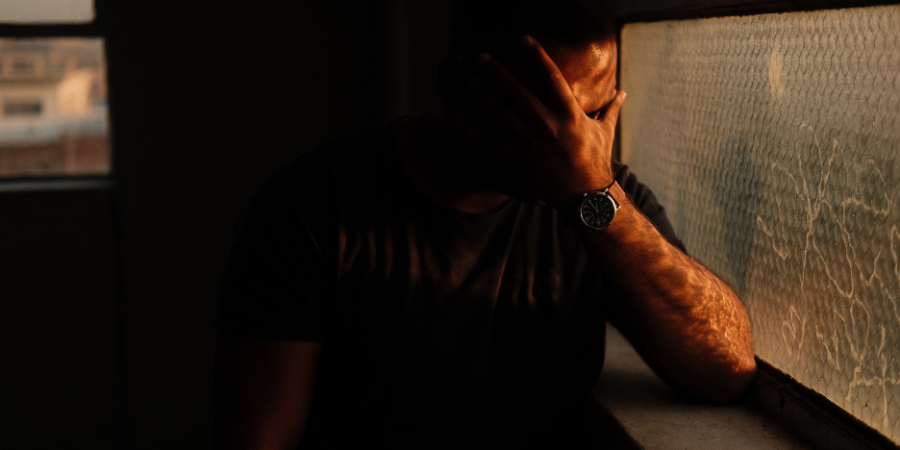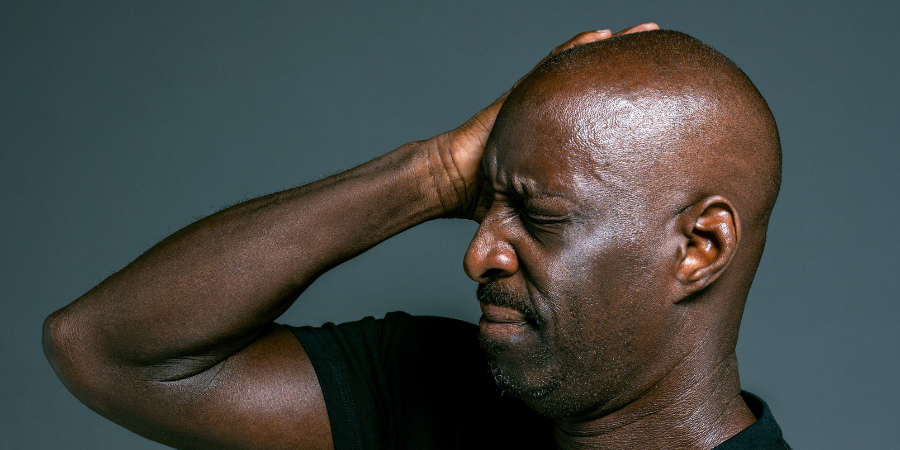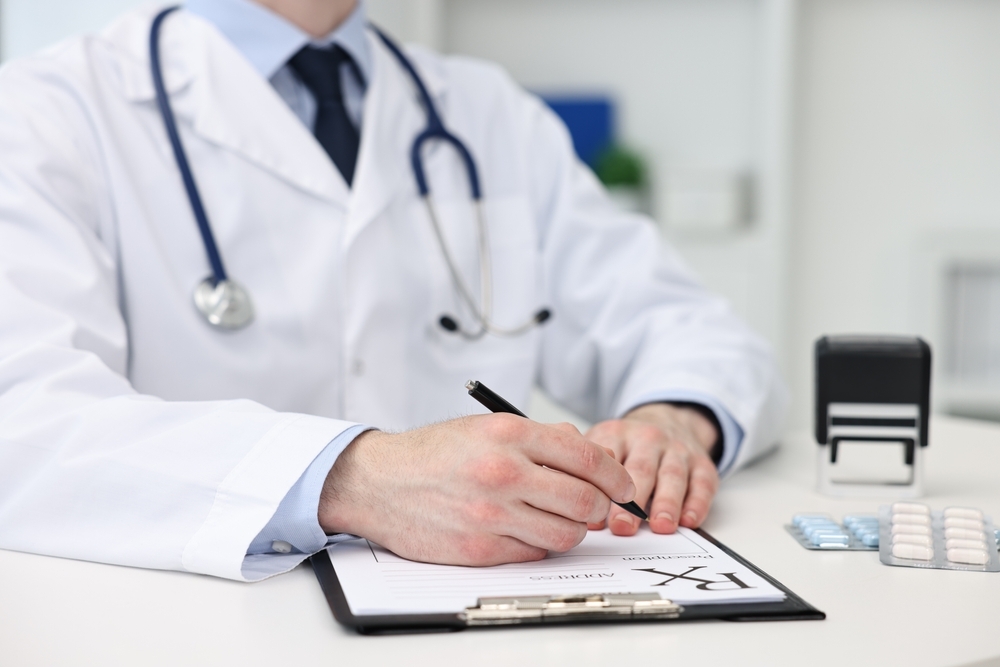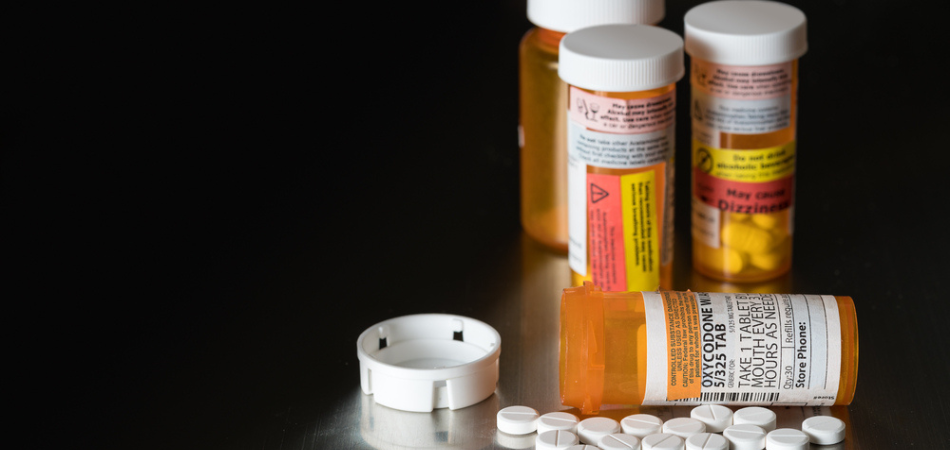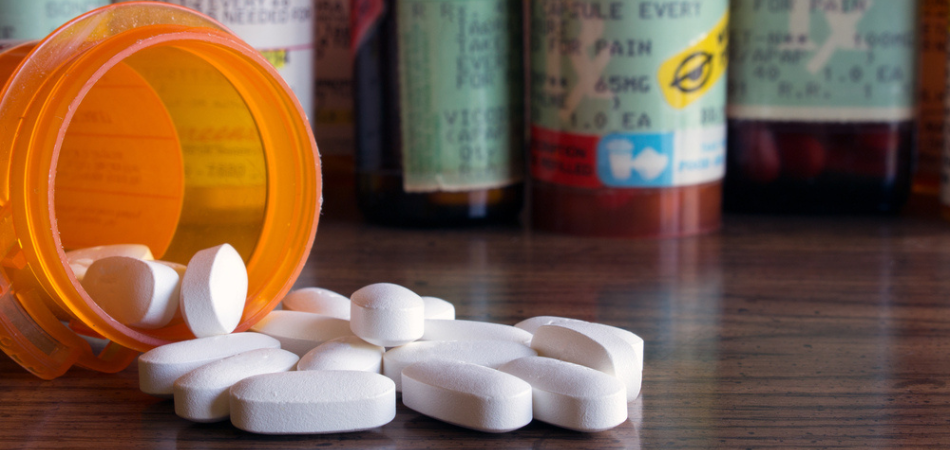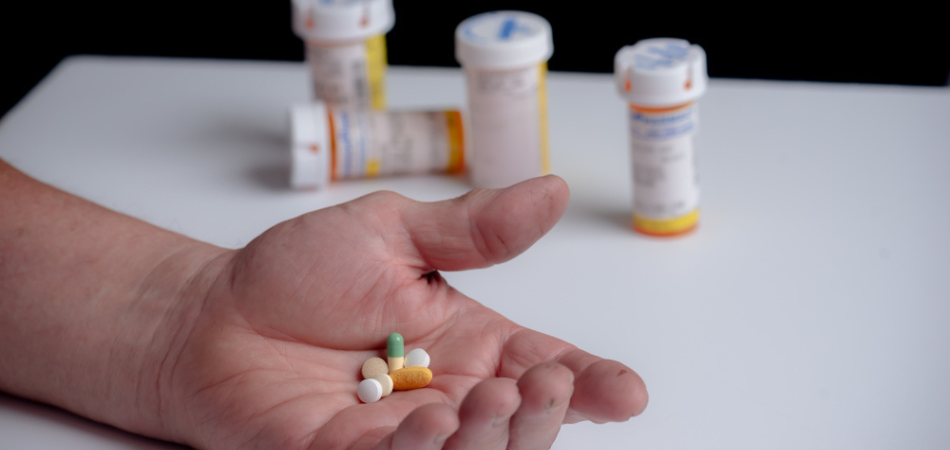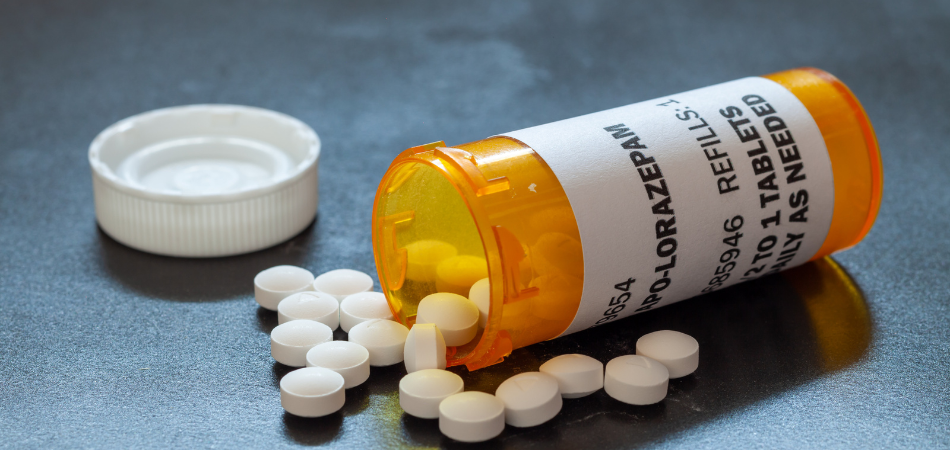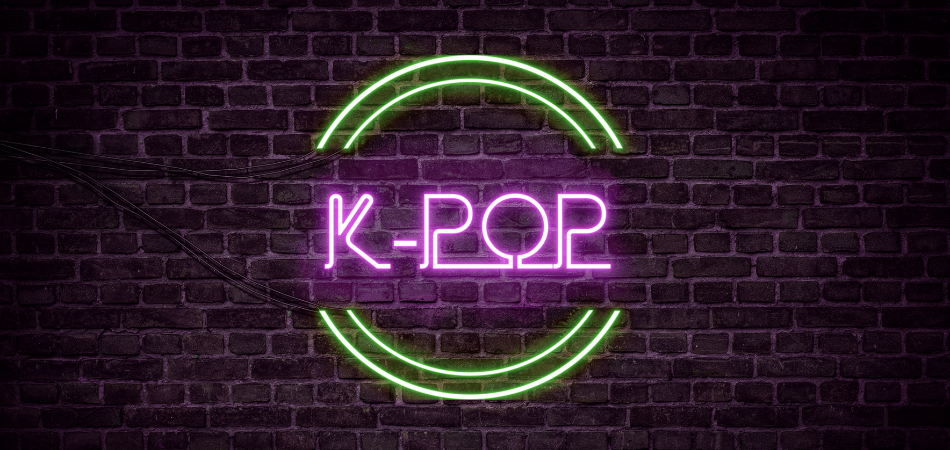
Written by:

Medically Reviewed by:
Last Updated:
February 25th, 2025
Prescription Drug Addiction | Types, Symptoms and Causes
Prescription drug addiction refers to a prescription medication being compulsively used in a way not intended by the doctor. This type of abuse can include anything from taking a friend’s prescription pain relief to snorting or injecting ground-up medication to achieve an intense ‘high’. As with illicit drug use, this behaviour can become uncontrollable, despite the negative consequences.
If you would like to find out more about prescription drug addiction or are unsure whether you or a loved one is suffering from this affliction, we will provide you with all the information you need about prescription drugs, what they are, and ways to approach recovery, below.
Antidepressants
Learn everything you need to know about addiction to antidepressants.
Benzodiazepines
Learn everything you need to know about addiction to benzo’s.
Sleeping pills
Learn everything you need to know about addiction to sleeping pills.
Why are prescription drugs addictive?
Some of us can have a hard time understanding why prescription drugs, substances prescribed by a doctor, could possibly be addictive. Millions of patients in the UK are routinely offered prescription medications every year to relieve symptoms such as pain and insomnia; therefore, they would never be allowed to sell over the counter if they could lead to such destructive consequences. However, while some of us can use prescription medications and stop without difficulty, they also have a huge potential to lead to dependency, with many users feeling reliant on these substances just to cope with everyday life after continued use.
When we take prescription medications, they interfere with the composition of our brain, modifying how it functions. This is done to satisfy several needs. For example, if an individual is experiencing chronic pain and requires relief, the drug will work by reducing the transmission of pain messages sent to the brain and increasing the more pleasurable ones. While some of us might take the medication solely for pain relief, stopping their prescription as soon as the problem has been treated, others can become dependent on certain reactions brought on by the drug. For example, these drugs can induce in users a high so intense that they feel it is impossible to recreate through other behaviours, like eating an enjoyable meal or socialising with friends. This will lead them to continue seeking out the substance.
Once you’re addicted…
Continued prescription drug misuse will eventually lead the user’s brain to adapt, and they will feel an urge to seek out more of it than recommended to recapture that initial rush. This sets in motion a domino effect, with the user’s growing dependence beginning to overtake every aspect of their lives. Their environment will even begin to change, as will their priorities. Eventually, they may have become so wrapped up in their addiction that they need to use the drug just to function. This is how addiction develops.
Am I addicted to prescription medication?
If you are worried that you might be suffering from prescription drug addiction, you are not alone. Abusing prescription drugs can have an adverse effect on your mental and physical state. If you are unsure about whether a loved one is suffering from prescription drug addiction, ask yourself if they are experiencing any of the following:
- They appear to be particularly drowsy and detached.
- They have a significantly reduced appetite, and I rarely see them eat.
- I have noticed that they are slurring their words.
- They appear to be quite forgetful.
- They are becoming paranoid and fearful, but there is no evidence to suggest that they should be afraid.
- They’ve become increasingly irritable.
If you are still unsure whether you are addicted to prescription drugs, ask yourself:
- Has a doctor prescribed you the medication, and if so, are you using them specifically for their intended purpose?
- Could you stop taking the drugs without difficulty?
- Do you think of the medication daily?
- Do you feel you need the drugs to function or to go about your daily life?
Overcoming prescription drug addiction
If you are concerned that you may be addicted to prescription drugs, there is help there to aid you in the recovery process. We would recommend doing so at a professional facility, where you will be surrounded by a team of skilled staff trained to help you remain as safe and comfortable during the process.
Opiate, stimulant, and sedative withdrawal are far from euphoric, and it is common for many addicts to relapse during this time, even if they are determined to overcome their addictions. This is not because of weak will or lack of determination but is simply due to the severity of physical symptoms. Some of these symptoms can be dangerous – and in the case of certain drugs – fatal. Some of the withdrawal symptoms experienced with prescription medication include, but are not limited to:
- Nausea and vomiting
- High temperature or chills
- Muscle cramps and spasms
- Decline in mental health
- Headaches
- Vivid dreams
For this reason, we at Primrose Lodge would like to urge you to seek support if you wish to stop using prescription medication rather than coming off them on your own.
Recovery is possible
Wherever you might be in your journey with prescription drug addiction, it is important to remember that continued abuse can become a serious problem very quickly and can lead to a range of devastating long-term consequences.
However, the good news is that there is help available to treat this problem, and you don’t have to go through it alone. The most crucial first step in your journey to recovery is to seek the support of individuals trained to facilitate your programme. Our exceptional psychiatrists, psychologists, therapists, and other addiction specialists at Primrose Lodge are committed to delivering prescription drug addiction treatment tailored to everyone who wants to see the other side of their addiction.

